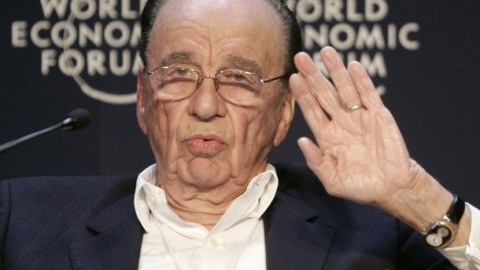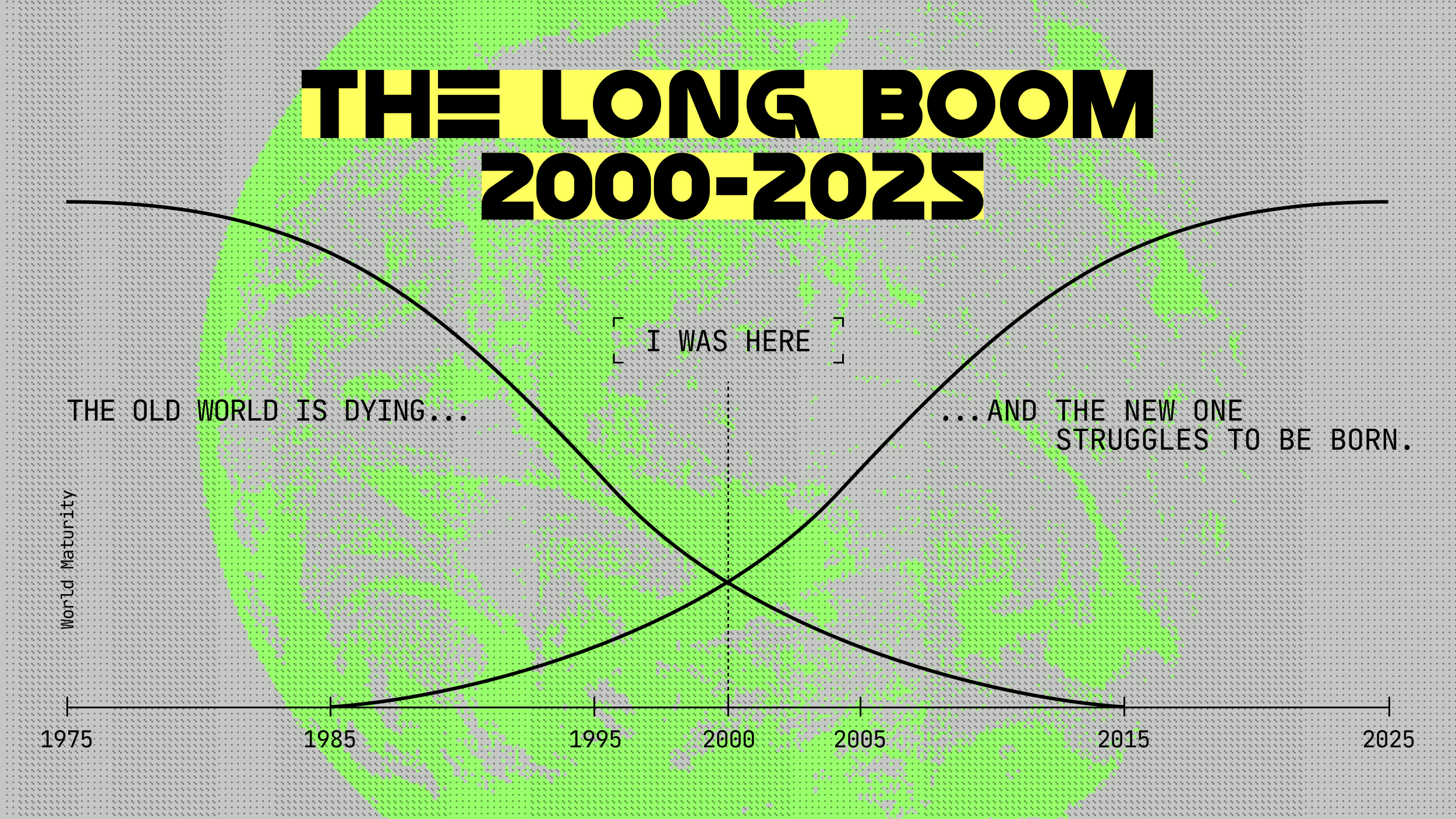Murdoch’s News Corporation Makes a Move

A variety of English media reported today that the Times of London will begin charging its customers for 24-hour access to the Times’ website by spring. The Times, roughly the English equivalent of the New York Times, is owned by Rupert Murdoch’s News Corporation and will likely be the first major newspaper to adopt a mandatory online payment scheme.
Since Murdoch’s News Corp. is the media industry’s most successful company, it is little surprise that one of its flag ships, the Times, will spearhead the effort to retake the money people used to pay out for actual newspapers.
Following my post on the Monaco Media Forum, News Corp. and the Times do not share Arianna Huffington’s vision that all future news content will be indefinitely free.
James Harding, editor of the Times, aligned himself more with those who believe that the process of reporting will look much the same tomorrow as it did yesterday: independent reporters on the ground paid to report by independent media companies.
Harding indicated that the Times will charge a fee equivalent to one of its printed newspapers, about $1.40, for an entire day’s access its online edition. Micropayments, whereby a reader pays a very small fee per article read, were rejected as a sustainable model.
“You have to be very careful with article-only economics,” he said. “You will find yourself writing a lot more about Britney Spears and a lot less about the Tamils in northern Sri Lanka.”
The digital media revolution has put many a journalist in the bread line as well as keeping their once-informative reporting from reaching readers; many regional papers have gone under. At stake is Gutenberg’s democratic promise.
Editorsweblog.com reports that the Times’ foreign office in Iraq cost the paper $3 million and an extra $20,000 for original reporting on violence in Sri Lanka. That’s not the kind of money that advertising will put up by itself, nor should it be allowed to if we are to have a truly independent press.




